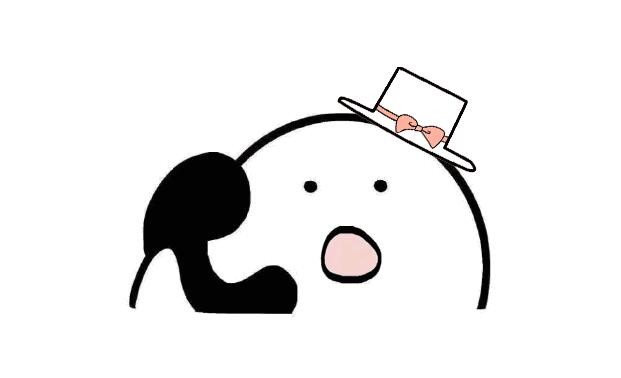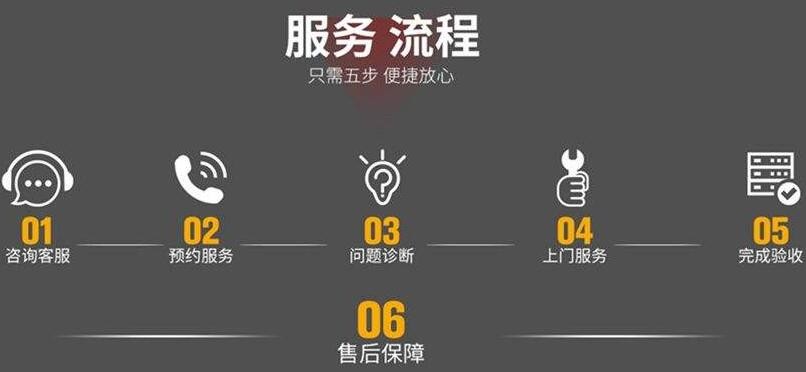This article explores various ways to express quantities of water in English, focusing on the phrase "X bottles of water". It is pided into several sections to provide detailed explanations and examples. The different aspects covered include fractional quantities, alternative measurements, colloquial expressions, and cultural references. This article analyzes the wide range of expressions used in English, offering a comprehensive understanding of how to communicate water quantities effectively.

In English, expressing fractional quantities of water usually involves using fractions or decimals. For example, "half a bottle of water" or "0.5 bottles of water" are commonly used to represent a smaller portion. Additionally, expressions like "a quarter of a bottle" or "one-third of a bottle" can be used to specify more specific fractional amounts.

In some cases, people may use informal phrases like "a splash of water" or "a drop of water" to convey an even smaller quantity. These expressions are particularly common when referring to adding a small amount of water to something else, such as a recipe or a container.

When dealing with larger fractional quantities, it is also acceptable to express them as a combination of whole numbers and fractions. For instance, "3 and a half bottles of water" or "2 and three-quarters bottles of water" are valid expressions. However, it is important to note that fractions are more commonly used for smaller quantities, while whole numbers are preferred for larger quantities.

Besides using the phrase "X bottles of water," there are alternative ways to express water quantities in English. One common approach is to use standard measurements like liters or gallons. Instead of saying "3 bottles of water," one can specify "3 liters of water" or "3 gallons of water." These alternatives are particularly useful in situations where people are accustomed to specific measurement units or when dealing with larger quantities.

Furthermore, water quantities can also be described in terms of containers. For example, one might say "a pitcher of water" or "a cup of water" instead of using the bottles as a reference point. This approach allows for greater flexibility in communicating water quantities, as it relies on containers that vary in size and shape.

Moreover, in specific contexts, people might use informal measurements that are more relatable and practical. Expressions such as "a glass of water" or "a bottle cap of water" are commonly used in daily life, especially when discussing personal hydration or serving sizes.

In informal conversations, English speakers often use colloquial expressions to describe quantities of water. These phrases can vary regionally and among different groups of people. For instance, someone may say "a bunch of bottles of water" or "oodles of water" to express a large quantity in a casual manner.

Additionally, slang terms or idioms might be used to convey specific quantities. Expressions like "a ton of water" or "loads of water" imply large amounts, while phrases like "a drop in the bucket" or "a drop in the ocean" emphasize insignificance or a very small amount in comparison.

It is essential to note that colloquial expressions should be used appropriately, considering the context and relationship with the listener. While they add a touch of informality to conversations, they may not be suitable in formal or professional settings.

Water plays a significant role in various cultural references in the English language. These references may involve literary works, historical events, or popular sayings. For example, some may refer to "water in Noah's Ark," indicating a purification or preservation process for survival.

In other instances, people may mention the "Fountain of Youth," reminiscent of the legendary fountain believed to possess rejuvenating powers. Such references are often used metaphorically or symbolically to convey the concept of eternal life or a source of vitality.

Moreover, water-related idioms like "testing the waters" or "throwing someone in at the deep end" have become part of everyday conversation. These expressions allude to taking risks, exploring new opportunities, or exposing someone to challenges without any prior guidance.

Expressing quantities of water in English can be done in various ways, depending on the context, formality, and personal preference. The phrase "X bottles of water" serves as a starting point, but fractional quantities, alternative measurements, colloquial expressions, and cultural references provide a broader spectrum of options. By understanding and using these different expressions effectively, inpiduals can communicate water quantities accurately and adapt to different conversational contexts.
标题:多少瓶水用英语怎么说(水的数量表达方式:How to Say X Bottles of Water in English
地址:http://www.cdaudi4s.com/zhinenmatong/112688.html

